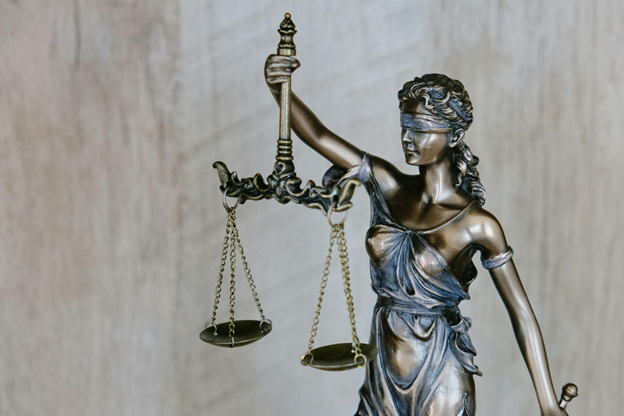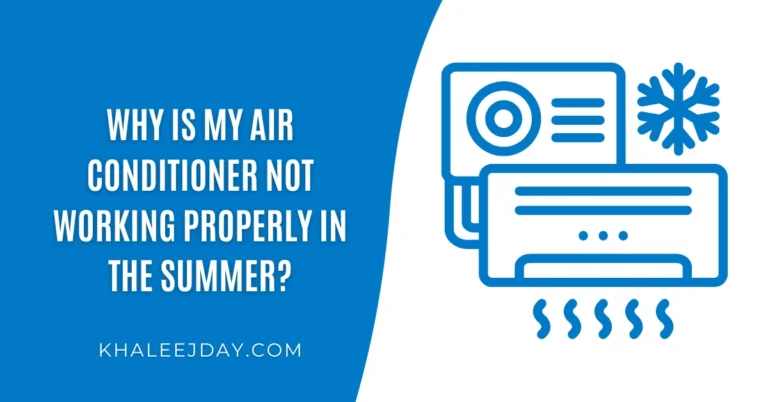Rights, Protection, Peace of Mind: A Practical Guide to Life in the Emirates
The UAE takes legal protection seriously. You get solid coverage whether you’re working, buying property, or just going about your daily business. The system works differently from most places. There’s federal law, plus each emirate adds its own rules on top.
You don’t want employment disputes and business deals to go sideways, but it can happen. You simply need to know what legal information is available and how to use it effectively while you’re in the UAE.
When things get complicated, you’ll want help from qualified civil lawyers in Dubai who understand how local law operates. They know which buttons to push and which procedures are most important.

Employment Law
UAE labor law isn’t just paper. Your contract must clearly outline all conditions, including salary, hours, overtime rates, and vacation period.
Companies are obliged to pay end-of-service benefits unless you quit without notice or get fired for serious misconduct. How much you get depends on your salary and how long you’ve been employed.
Overtime rules are specific: anything over 8 hours daily gets premium pay. Weekend work and night shifts earn extra. These are legal requirements with enforcement mechanisms in place.
And here’s the practical part: keep everything. Your contract, any written communications (including WhatsApp messages, which also serve as evidence), and any other relevant documentation.
Property Rights
Dubai opened freehold ownership to foreigners in specific zones. You get actual ownership, not some limited lease arrangement. Other emirates have similar programs with their own designated areas.
Property purchases require proper due diligence. Check developer licenses, verify plot ownership, and confirm payment schedules. The Dubai Land Department maintains public records that can be searched online.
Registration fees, broker commissions, and transfer costs collectively amount to approximately 7-8% of the purchase price. Budget accordingly, or you’ll be surprised at closing.
Tenancy law here favors neither landlords nor tenants; it attempts to balance the interests of both parties. Rent increases are capped based on current market rates. The Dubai Rental Index sets official benchmarks for different areas.
Security deposits can’t exceed 10% of the annual rent for residential properties. Landlords must return deposits within a reasonable time after tenancy ends, minus legitimate deductions for damages.
DEWA connections, internet setup, and municipal fees are typically the responsibility of the tenants. Read your lease carefully, because some landlords try to push additional costs that aren’t standard.
Getting Legal Help
Every lawyer needs a UAE license. No exceptions. The Ministry of Justice website allows you to search for their name to verify their legitimacy. Fake lawyers exist, so be sure to verify before hiring.
Expect to pay for an initial consultation, depending on the complexity of your case. That said, many firms will offer a free initial consultation to determine if they can assist you.
Dubai courts operate in Arabic. English contracts need certified Arabic translations. No shortcuts here, because the court won’t accept regular translations. If you don’t speak Arabic, they’ll assign a translator during hearings. This person isn’t your advocate; they just translate what is said.
Mediation gets pushed hard here before formal litigation. Many disputes are resolved during mandatory mediation sessions, saving time and legal costs for all parties involved.
Valuable Protection Strategies
Courts in the UAE prefer physical documents with original signatures. Keep the originals safe, as they carry more weight when disputes arise while you get legal representation.
Essential paperwork includes:
- Emirates ID and passport (current versions)
- Employment contracts with salary certificates
- Bank statements for income verification
- Property documents or rental agreements
- Insurance policies covering health, car, and property
Most legal problems start small. They escalate because people ignore early warning signs. Address issues promptly. Book a lawyer consultation for AED 1,000 to review contracts before signing. It’s cheaper than paying AED 50,000 to fix problems later. This applies to job contracts, rental agreements, business deals, and everything in between.
Insurance covers more than you think. Good policies protect against car accidents, property damage, medical bills, and liability claims. Cheap insurance usually means significant gaps in coverage.
Staying Protected Long-Term
Dubai and the other emirates frequently update their laws. New rules for businesses, updated visa requirements, and different property regulations. What worked last year might not work now.
Courts here actually enforce their decisions. If you win a case, collection mechanisms are in place to recover your money. The system isn’t perfect, but it functions more effectively than many others.
Build relationships with legal professionals before you need them. Emergency lawyer searches usually end badly. Find legal rights advice through referrals, meet attorneys during good times, then call when problems arise.






